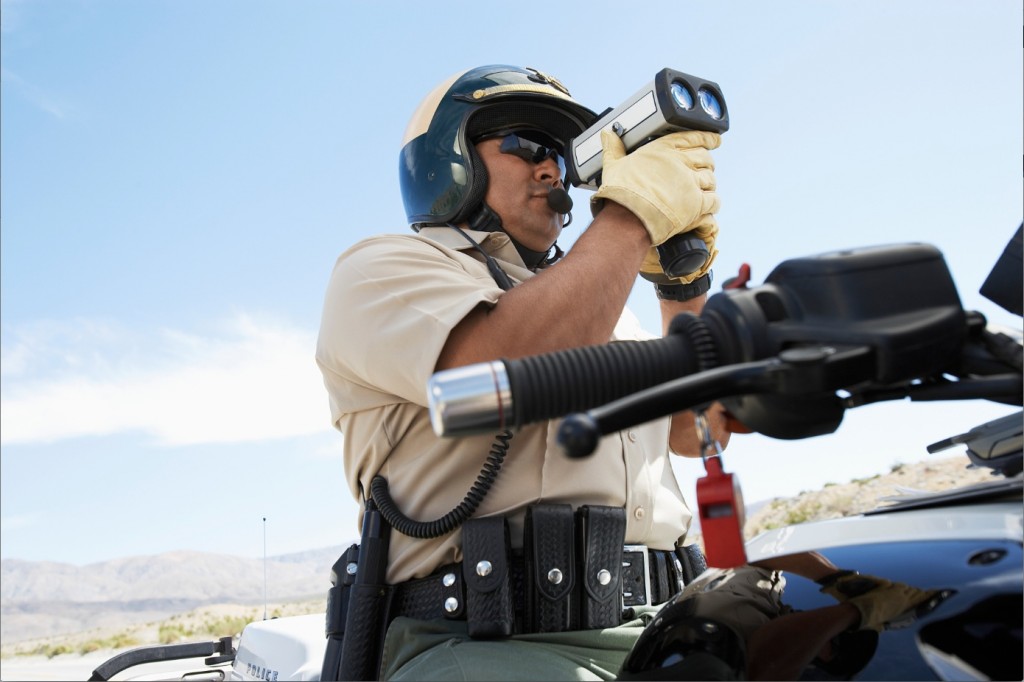
Vancouver Park Board sets out goose birth control plan to curb growing population
By Jessica Berget, Assistant Editor
To curb the birth rate, Vancouver Park Board is banning the feeding of geese and is sterilizing eggs through something called “egg addling”: a practice that has been in place since the ’90s and is approved by other wildlife and animal advocacy groups.
While many of us have probably thought about killing or fighting a Canada goose after stepping in their poop or being hissed or chased by them, there are laws against that sort of thing.
Canada geese are protected in Canada by something called the Canada Wildlife Act which protects certain species for research or conservation purposes. (The US also protects these creatures.) Canada geese are protected by this act as well as the Migratory Birds Convention Act as they go south in the winter and come back in the spring. They can only be hunted in certain areas at certain times, and people hunting them need permits and can only hunt 10 at a time. Also, they apparently are delicious. Permits can also be given to farmers to remove geese if they damage crops or property—and permits can also be given to reduce aircraft-related risks in airports as flying geese can get in the way of airplanes.
But despite this, the Canada goose population continues to grow rapidly. According to the Canadian government’s website, there are about seven million geese in North America. A recent article from CBC highlights that the Canada goose population in the city (3500 and growing) is getting out of control and Vancouver Parks Board is taking action with their Canada Geese Management Plan.
Civilians may not be legally allowed to legally kill these geese, but city officials are. To curb the birth rate, Vancouver Park Board is banning the feeding of geese and is sterilizing eggs through something called “egg addling”: a practice that has been in place since the ’90s and is approved by other wildlife and animal advocacy groups. Egg addling means freezing, shaking, or covering the eggs in oil soon after they have been laid to sterilize them. However, the geese have wised up to the city’s plan and started getting better at hiding their nests away from parks and near private homes which can cause property damage. The city is now asking the public to contact the park board if any nests are found so they can be dealt with properly. Given our city’s temperate climate and lack of natural predators for geese, it looks like they won’t be going anywhere anytime soon (except, you know, for migration).
But Canada geese weren’t always a nuisance to our city. They were once nearly an endangered species, but in the 1970s, the birds were re-introduced to the city as a way to boost the population for hunting and consumption. Humans being humans and wanting to be close with animals began to feed the geese, and this made the birds more comfortable with high traffic areas and, in turn, more capable of laying eggs. The overpopulation and domestication of geese in our busy city make for a precarious concoction as many people in Vancouver have had an experience of being chased, hissed, or harassed by a goose.
Geese usually don’t attack people for no reason, however. They are social, family-oriented birds and will defend their nests from whatever they see as a threat—much like humans do. So, if you see a goose coming at you full speed or acting aggressive, they’re probably trying to protect themselves or their family, so don’t fight back. If you find yourself in this situation, Geese Relief thankfully has a solution. They recommend staring the bird down by maintaining eye contact and facing your body towards the bird while backing away slowly and never acting aggressive or making loud noises toward it. They also mention not to squint your eyes or turn your body away because that will make the goose more likely to attack.


